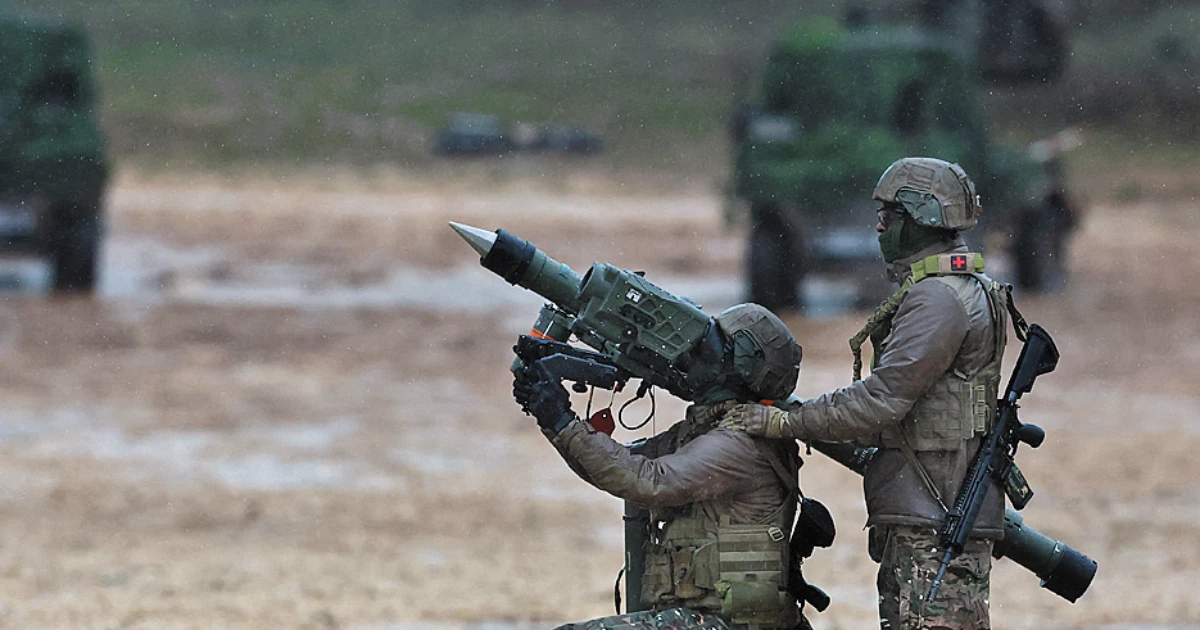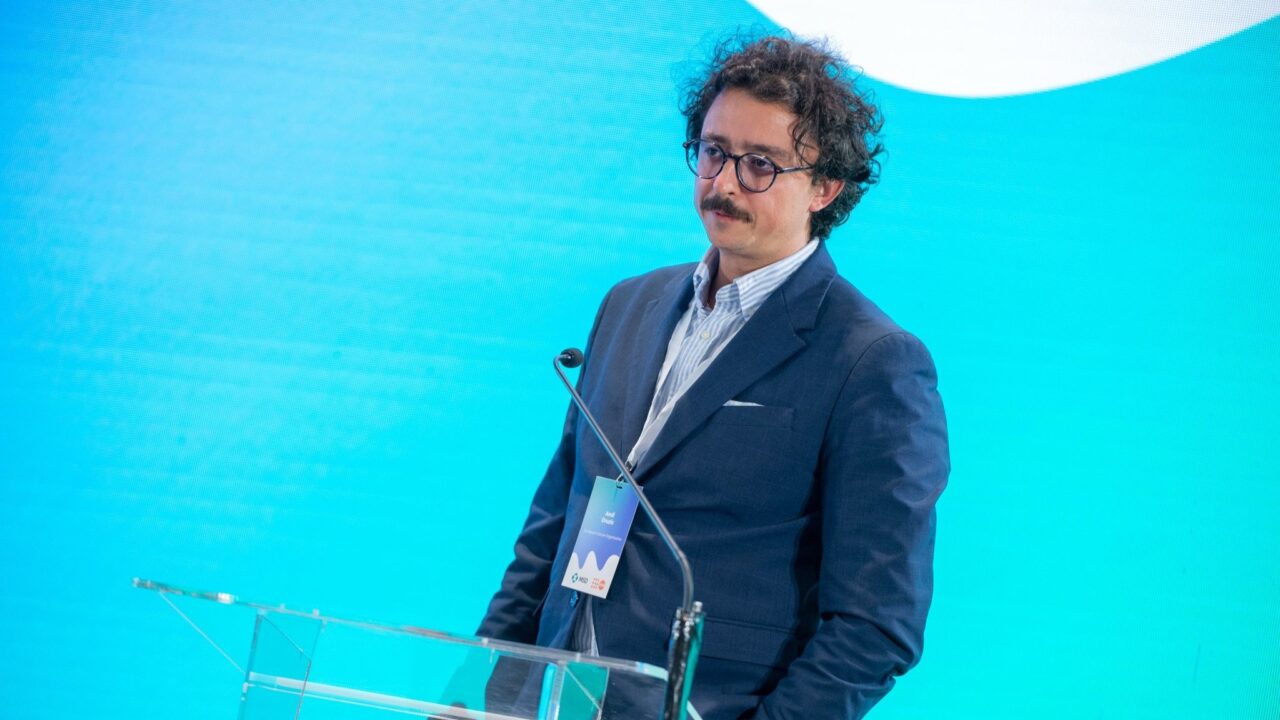Source-to-sea Regional Dialogue: managing water resources from mountains to the ocean in South-East Europe and the Mediterranean
It is a widely held misconception that water is an unlimited resource. Although we live on a planet surrounded by water, present-day practices that mismanage and misuse water not only deplete our precious resource at a rapid pace, but also pose a significant threat to the quality of what water remains. This challenge is further exacerbated by underinvestment in water and sanitation, and the lack of cooperation at transboundary level.
Water is a fundamental part of all aspects of life and a common feature of all living organisms. It is essential for human health and well-being, energy and food production, healthy ecosystems, climate adaptation, gender equality and health, and more. Water is at the core of sustainable development. The 2022 UN Ocean Conference in Lisbon was a unique platform to identify ways to change our current course. During the conference, the UN Secretary-General highlighted the interconnectedness of SDGs and reminded attendees that neglecting the ocean would have heavy repercussions in the future; in particular, that the impact of SDG 14 – Life Below Water, extends beyond marine life, to all aspects of human society and economy.
UNESCO plays a key role in protecting aquatic ecosystems, both freshwater and marine, as well as in encouraging its Member States to engage in productive dialogue. Multiple aquatic ecosystems in South-East Europe and the Mediterranean fall under the coverage of the UNESCO Regional Bureau for Science and Culture in Europe. Working through UNESCO’s Intergovernmental Hydrological Programme (IHP) and through the Intergovernmental Oceanographic Commission (IOC), and cooperating closely with the World Water Assessment Programme (WWAP), the Bureau strives to advance climate resilience and promote sustainable blue businesses, while encouraging cross-sectoral partnerships and creating bridges between SDGs 6 and 14.

 Bikes to dams – how hybrid threats shape reality in east Europe
Bikes to dams – how hybrid threats shape reality in east Europe  News in brief: East Europe | DEFENCE AND GEOPOLITICAL NEWS
News in brief: East Europe | DEFENCE AND GEOPOLITICAL NEWS  Airbus A321neo LR long-haul Middle East Europe
Airbus A321neo LR long-haul Middle East Europe  ALPLA expands in South-East Europe
ALPLA expands in South-East Europe  Amil Družić: Preventing HPV-Related Cancers in South-East Europe
Amil Družić: Preventing HPV-Related Cancers in South-East Europe